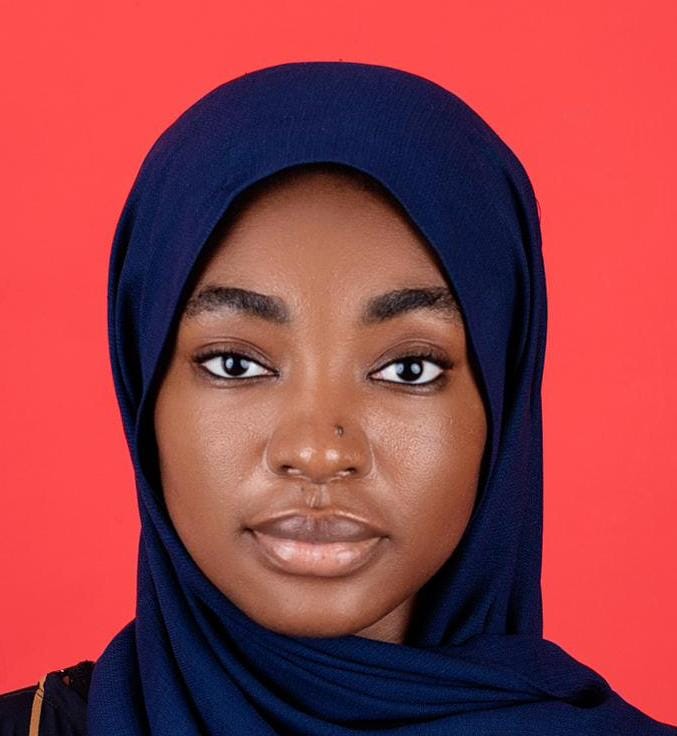64 Years After Nigeria’s Independence
By Rabi Ummi Umar,
Just a few days ago, Nigeria marked its 64th independence anniversary, commemorating more than six decades since gaining freedom from British colonial rule on October 1, 1960. However, this year’s celebrations were unusually subdued, devoid of the usual fanfare, pomp, thrills and frills.
The once-familiar scenes of face-painting, jubilant crowds, and flags waving in patriotic pride were replaced by an eerie silence that echoed across the nation. Despite this significant milestone, many Nigerians found little reason to celebrate. The mood was sombre, reflecting a collective sentiment that these are not times for revelry.
Instead, citizens believe it is a time for reflection and a renewed commitment to steering the country back toward the path of prosperity, as envisioned by the men and women who fought for the independence we now enjoy. In the eyes of most Nigerians, the celebration only served as a distraction from the harsh realities of daily life.
The more one reflects on the state of the nation, the more troubling it becomes. What exactly are we celebrating? Is there anything truly worth commemorating at this point? After the fireworks, what awaits us—more suffering? The unspoken truth is that the situation has grown so dire, it is almost impossible to ignore the country’s challenges, no matter how much we might want to.
One of the major concerns plaguing citizens is the aftermath of the subsidy removal, which continues to wreak havoc on lives and livelihoods. While the minimum wage has been signed into law, its implementation remains uncertain, casting doubt on the government’s ability to deliver on promises and its tendency to prioritize talk over tangible action.
These discrepancies raise questions about the effectiveness of policies aimed at alleviating the struggles of Nigerians. Our leaders have made numerous promises, but despite their assurances, little has been done to address the suffering of the people. Take the much-touted Compressed Natural Gas (CNG) buses, for example.
Read Also:
Despite promises, these buses have failed to materialize in significant numbers. Even the few that have been introduced fall short of addressing Nigeria’s transportation challenges.
How much progress can we realistically expect from such initiatives. Unemployment remains a persistent issue, exacerbating the nation’s woes. Although the National Bureau of Statistics (NBS) reported an unemployment rate of 5.3%, many believe the actual figure is much higher, especially given Nigeria’s struggle with accurate population data.
Insecurity is another critical concern. Terrorism, banditry, and kidnapping for ransom plague every region, with countless lives lost, even after ransoms have been paid. Nigerians are grappling with hunger as the crisis reaches alarming proportions. Starvation, suffering, and even death from hunger have become stark realities.
According to the Food and Agriculture Organization (FAO), between 80 and 82 million Nigerians are at risk of severe hunger if the current trajectory continues.
How did we reach this point, given our vast agricultural potential? Politics in Nigeria remains largely a curse, with politicians exploiting religion, region, and ethnicity to garner support.
Instead of uniting to solve the nation’s problems, they engage in ridicule, even on pressing national issues, as seen in the aftermath of the President’s October 1 address.
Poverty also remains a major concern. The NBS reports that 63% of the population—approximately 133 million people, or six out of every ten Nigerians—are trapped in multidimensional poverty.
It is little wonder that Nigerians are not in a celebratory mood. So much has gone wrong in recent times that even the idea of wishing someone a “Happy Independence” feels offensive.
What, after all, have we truly achieved in these 64 years? Nigeria has the potential for greatness, and the government can and should do better. President Tinubu, please, we are begging—Nigeria deserves better.
Rabi Ummi Umar is an intern at PRNigeria and a student at Al-Hikmah University, Ilorin. She can be reached via: [email protected].
















